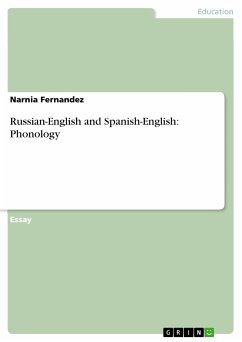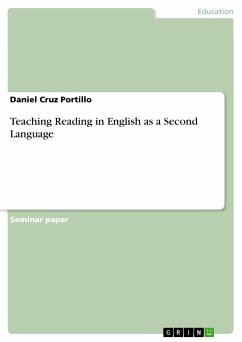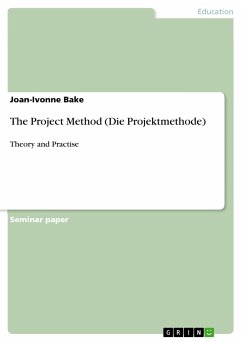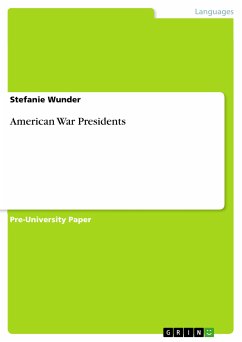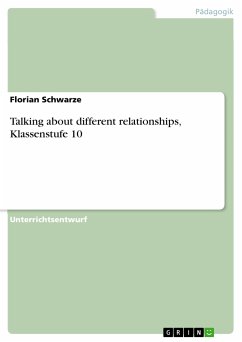Essay from the year 2012 in the subject Didactics for the subject English - Pedagogy, Literature Studies, grade: 15,0, University of Wisconsin-Milwaukee, course: Introduction to Second Language Acquisition, language: English, abstract: Why non-native speakers of English talk the way they do? Several linguists like Gass & Selinker, Major and Lado have investigated on this issue and agreed at least upon one principle - the Contrastive Analysis Hypothesis (CAH). It states that two languages have to be compared in order to determine possible errors since the mother tongue plays one important role when it comes to second language acquisition. That is, L1 interference. The following essay should give an approximate explanation on this issue by examining Russian and Spanish speakers acquiring English. The focus will lie on phonology, especially on obstruents and their distribution. According to CAH, it is necessary to analyze Russian, English, and Spanish at first, before looking at the different errors in pronunciation at the basis of Data Set 1.
Bitte wählen Sie Ihr Anliegen aus.
Rechnungen
Retourenschein anfordern
Bestellstatus
Storno

